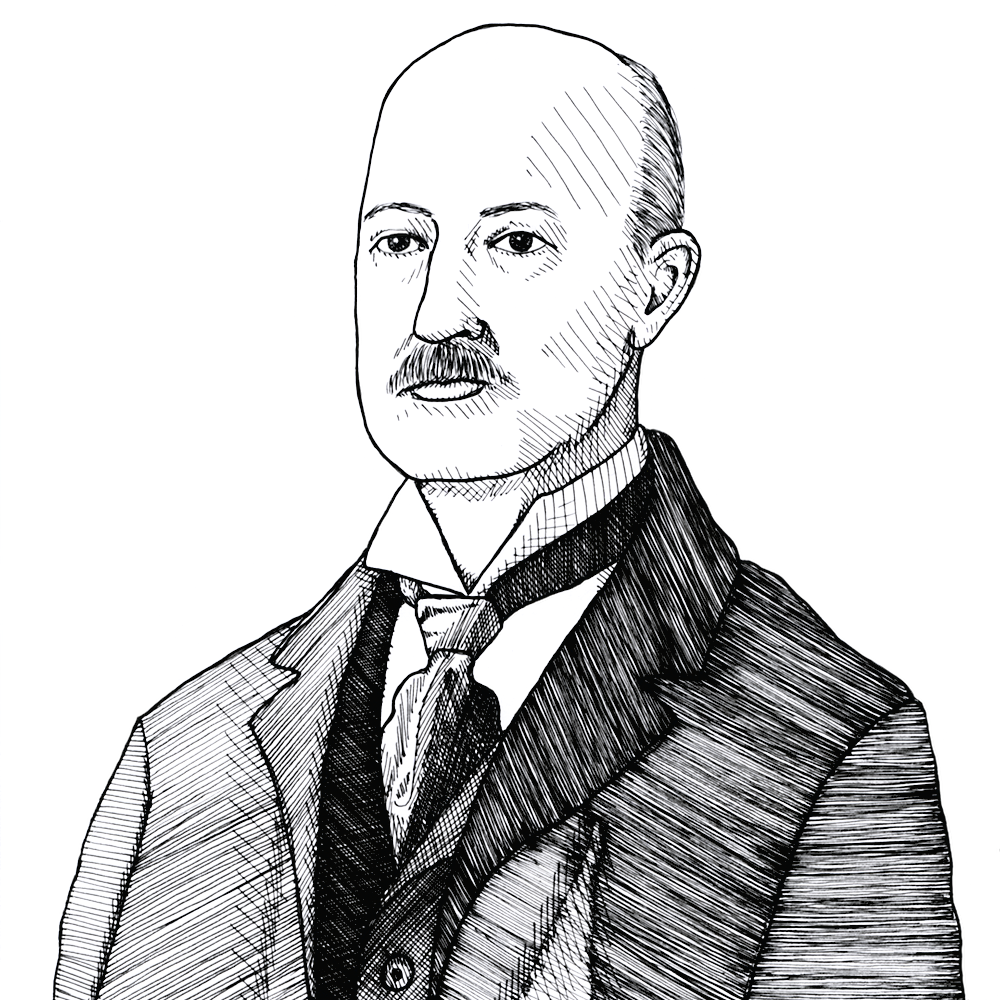
Sumner criticizes the competing vested interests and the role of legislators in the “new democratic State” (1887)
Found in: War and Other Essays
In an essay on “State Interference” (1887) the American sociologist William Graham Sumner (1840-1910) notes a number of important aspects of the “new democratic State”, one of which is that it unleashes a struggle between competing interests for larger shares of the product of industry, and secondly, that the legislators become experts at appearing to satisfy the clamor that inevitably arises because of this:
Socialism & Interventionism
… when the old-fashioned theories of State interference are applied to the new democratic State, they turn out to be simply a device for setting separate interests in a struggle against each other inside the society. It is plain on the face of all the great questions which are offered to us as political questions to-day, that they are simply struggles of interests for larger shares of the product of industry. One mode of dealing with this distribution would be to leave it to free contract under the play of natural laws. If we do not do this, and if the State interferes with the distribution, how can we stop short of the mediaæval plan of reiterated and endless interference, with constant diminution of the total product to be divided?
… Now that the governmental machine is brought within everyone’s reach, the seduction of power is just as masterful over a democratic faction as ever it was over king or barons. No governing organ has yet abstained from any function because it acknowledged itself ignorant or incompetent. The new powers in the State show no disposition to do it. Nevertheless, the activity of the State, under the new democratic system, shows itself every year more at the mercy of clamorous factions, and legislators find themselves constantly under greater pressure to act, not by their deliberate judgment of what is expedient, but in such a way as to quell clamor, although against their judgment of public interests. It is rapidly becoming the chief art of the legislator to devise measures which shall sound as if they satisfied clamor while they only cheat it.